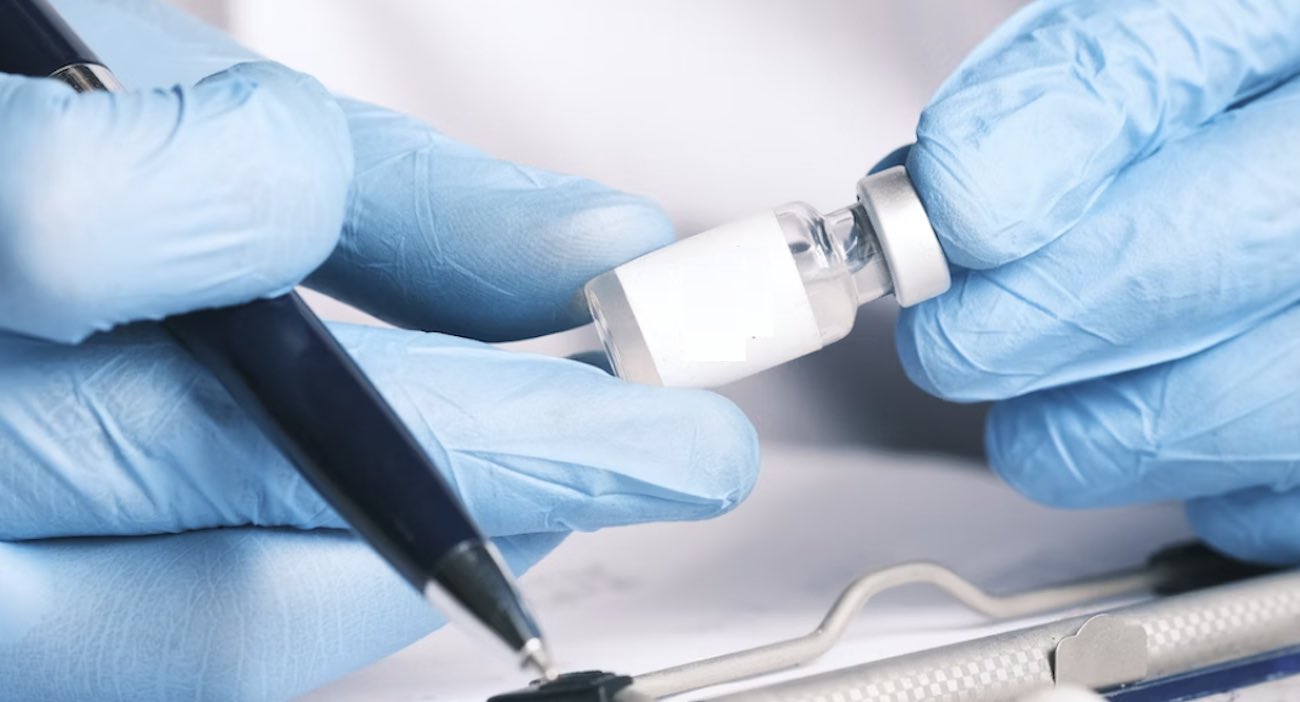A low-cost version of ketamine to treat severe depression has performed strongly in a double-blind trial that compared it with placebo.
In a study published this week in the British Journal of Psychiatry, researchers from University of New South Wales in Sydney, Australia found that more than one in five participants achieved total remission from their symptoms after a month of bi-weekly injections—while a third had their symptoms improve by at least 50 percent.
“This brings definitive evidence to the field,” said lead researcher Professor Colleen Loo.
“For people with treatment-resistant depression—those who have not benefitted from different modes of talk-therapy, commonly prescribed antidepressants, or electroconvulsive therapy—20 percent remission is actually quite good.”
Funded by the Australian National Health and Medical Research Council, the researchers recruited 179 people, which makes this, according to Prof. Loo, the largest study in the world to date that compares generic ketamine with placebo in treating severe depression.
Participants were given an injection of either a generic form of ketamine, which is already widely available in Australia as a drug for anesthesia and sedation, or placebo. They received two injections a week in a clinic where they were monitored for around two hours while acute dissociative and sedative effects wore off—usually within the first hour.
The treatment ran for a month and participants were asked to assess their mood at the end of the trial and one month later.
RELATED: African Psychedelic Plant Medicine Inspires Two New Drugs to Treat Addiction and Depression
As a double-blind trial, neither participants nor researchers administering the drug were aware which patients received generic ketamine or placebo, to ensure psychological biases were minimized. Importantly, a placebo was chosen that also causes sedation, to improve treatment masking. Midazolam is a sedative normally administered before a general anesthetic, while in many previous studies the placebo was saline.
“Because there are no subjective effects from the saline, in previous studies it became obvious which people were receiving the ketamine and which people received placebo,” Prof. Loo says.
“In using midazolam – which is not a treatment for depression, but does make you feel a bit woozy and out of it – you have much less chance of knowing whether you have received ketamine, which has similar acute effects.”
Other features of the recent trial that set it apart from past studies included accepting people into the trial who had previously received electroconvulsive therapy (ECT).
CHECK OUT: Colorado Legalizes Psychedelic Mushrooms–And They Might be Growing in Your Own Garden
“People are recommended ECT treatment for their depression when all other treatments have been ineffective,” Prof. Loo says. “Most studies exclude people who have had ECT because it is very hard for a new treatment to work where ECT has not.”
Much more affordable
Apart from the positive results, one of the standout benefits of using generic ketamine for treatment-resistant depression is that it is vastly cheaper than the patented S-ketamine nasal spray currently in use in Australia.
“This is why we’re applying for a Medicare item number to fund this treatment now, because it’s such a powerful treatment,” explained Loo.
“And if you consider that many of these people might spend many months in hospital, or be unable to work and are often quite suicidal, it’s quite cost effective when you see how incredibly quickly and powerfully it works. We’ve seen people go back to work, or study, or leave hospital because of this treatment in a matter of weeks.”
MORE: How Ketamine is a Speedster Antidepressant and Could Be Adapted For Use to Avoid Side Effects
The researchers will next be looking at larger trials of generic ketamine over longer periods, and refining the safety monitoring of treatment.
SPREAD The Hope for Depression Treatment With Friends on Social Media…




















